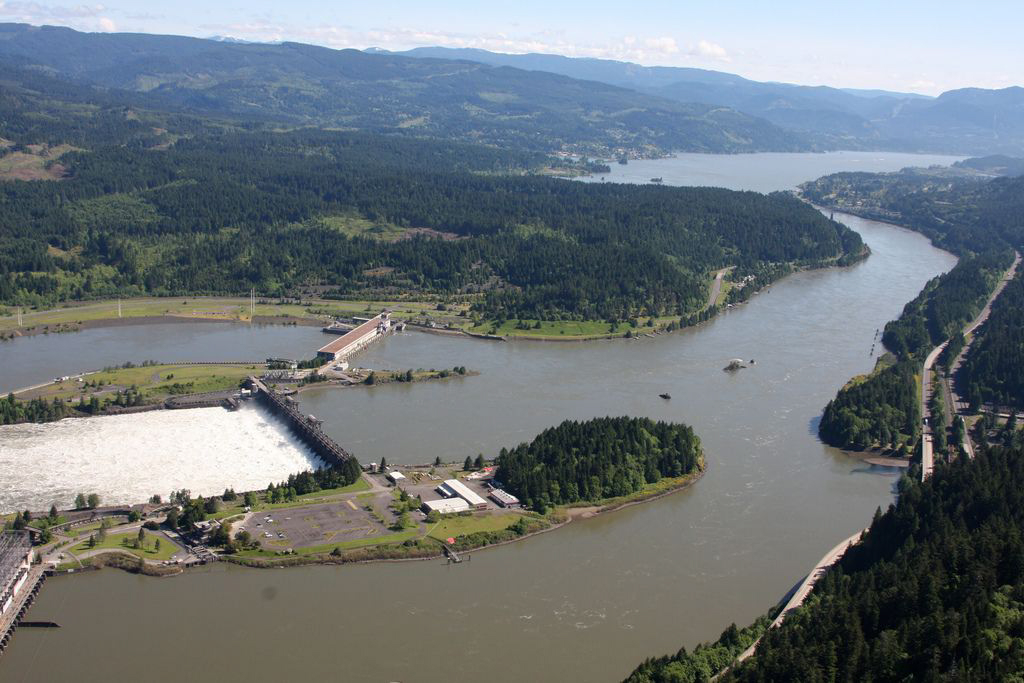A new study suggests Columbia River Basin dams are helping the Northwest cope with climate change.
Scientists say one result of rising average temperatures is that water from snowmelt is flowing earlier into rivers. That could mean lower flows during summer and fall when the water is needed for fish and crop irrigation.
But the new study says Columbia River Basin dams are helping offset these shifts.
Julia Jones from Oregon State University co-authored the report. She says those dams give water managers the ability to hold water in reservoirs so it is available when it is most needed in late summer for irrigation, flood control, recreation, hydropower, ship navigation or fish migration.
“The dams are doing what they are supposed to do, which is to use engineering and management to buffer us from climate variability and climate warming,” Jones said.



